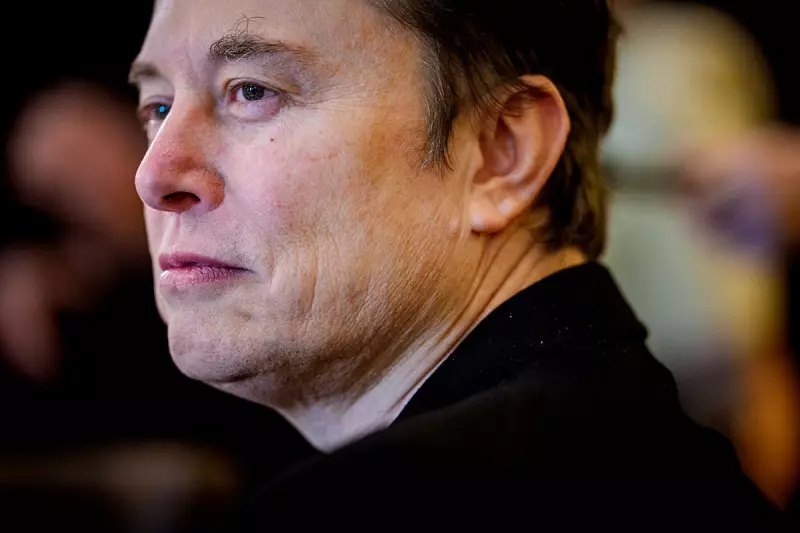
Elon Musk, the controversial tech billionaire behind Tesla and SpaceX, is rapidly transforming Earth's orbit into his personal business domain with the explosive growth of Starlink satellites. What began as an ambitious project to provide global internet coverage has evolved into a sprawling constellation that now dominates near-Earth space.
The Satellite Revolution Changing Global Connectivity
SpaceX's Starlink programme represents one of the most significant technological leaps in recent history. With thousands of satellites already deployed and plans for tens of thousands more, Musk's vision of blanketing the planet with high-speed internet access is becoming reality. The system already provides connectivity to remote communities, maritime vessels, and emergency services worldwide.
Dark Clouds in the Final Frontier
However, astronomers and space agencies are raising alarm bells about the consequences of this orbital occupation. The proliferation of Starlink satellites is creating unprecedented challenges for:
- Space observation - interfering with astronomical research and dark sky preservation
- Orbital traffic management - increasing collision risks in increasingly crowded space lanes
- Long-term sustainability - raising questions about space debris and environmental impact
The Regulatory Void in Space Commerce
Perhaps most concerning is the regulatory vacuum surrounding commercial space activities. Current international space treaties, drafted during the Cold War era, are woefully inadequate for governing today's commercial space race. Musk's companies are effectively writing the rulebook as they expand, creating a precedent that could shape space governance for generations.
Beyond Internet: Musk's Grand Technological Vision
The Starlink project is just one piece of Musk's broader technological ambitions. Through Neuralink, he's pushing boundaries in brain-computer interfaces, while SpaceX continues to pursue Martian colonisation. This multi-front approach to technological advancement demonstrates a consistent pattern of tackling grand challenges that others consider impossible or impractical.
The Future of Space as a Commercial Domain
As Musk's orbital infrastructure continues to grow, fundamental questions emerge about who controls near-Earth space and for what purposes. The Starlink constellation represents both an extraordinary engineering achievement and a potential template for how private corporations might dominate the final frontier. The balance between innovation, regulation, and shared access to space resources will define the next chapter of humanity's relationship with orbit.
What remains clear is that we're witnessing a fundamental shift in how humanity operates in space, driven by one of the most ambitious and controversial figures of our time.





